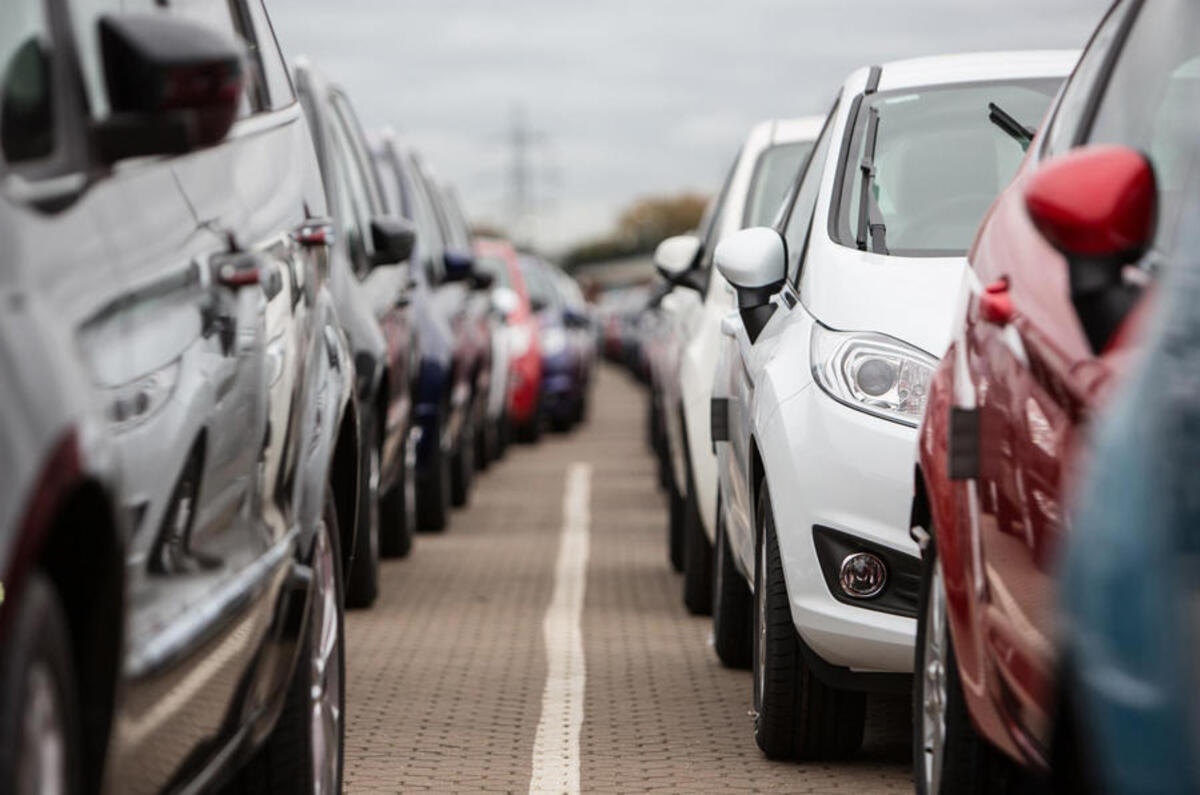New car sales in the UK plummeted 20% in April, largely due to the rise in Vehicle Excise Duty (VED) rates, according to industry body the Society of Motor Manufacturers & Traders (SMMT).
Registrations fell by 19.8% to 152,076 in April, compared with 189,505 cars sold in April 2016.
It was also the first month in 47 in which there was a downturn in demand for alternatively-fuelled vehicles (AFVs) which is also attributed to the higher VED rates affecting hybrid models.
Private buyers and business demand were also down, falling by 28.4% and 21% respectively. Meanwhile, petrol demand dropped by 13.1%, but the most notable drop was diesel which fell by 27.3%. However, despite sales falling, the market share for diesel rose versus April. In March, diesel accounted for 43.4% of sales and in April, 44.9%.
Overall, the market is up 1.1% year-to-date with a record 972,092 cars registered in the first four months.
The news comes after a bumper March for car sales, thanks to the number plate change and the public’s desire to avoid the VED rises that came into force on 1 April.
SMMT chief executive Mike Hawes said: “With the rush to register new cars and avoid VED tax rises before the end of March, as well as fewer selling days due to the later Easter, April was always going to be much slower.
"It’s important to note that the market remains at record levels as customers still see many benefits in purchasing a new car. We, therefore, expect demand to stabilise over the year as the turbulence created by these tax changes decreases.”
Talking about the tax rises, Hawes told Autocar: "We never like regulatory changes, but they do come from time to time. They always disrupt the market and present business with some challenges."
Regarding the diesel dip, Hawes said: "Market share [of diesel] is generally declining. There is a shift to AFVs, driven by fuel economy. Diesel offers good fuel economy but electric vehicles are even better." He added that another factor was "uncertainty around the clean air zones" in the UK, with more details to be announced tomorrow.
He anticipates that May will be "a bit stronger" for sales, but the SMMT's forecast for the year - a 5% drop in car registrations - remains.
The Ford Fiesta continues to be the best-selling model in the UK with 4957 cars sold. The Nissan Qashqai and Mercedes-Benz C-Class came second and third, selling 4430 and 3777 models respectively.
The market for premium hatchbacks was particularly strong, with the Audi A3, BMW 1 Series and Mercedes-Benz A-Class among the best-sellers of the month. The A-Class even outsold the Ford Focus, Vauxhall Astra and Volkswagen Golf, selling 3608 units in April.






Join the debate
Add your comment
Mixed-up priorities
Diesel decline is just beginning
The PCP market maturity